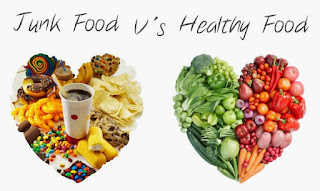Improve your tennis game
Try a long rally competition rather than a standard match. By
keeping the ball bouncing back and forth, you’ll have to move about a lot more
than if you’re going for a winner every time.
Get more from cycling
Surface should be flat. Make the most of your ride on the flat
by doing speed and intensity intervals. Cycle fast (safely) for one minute then
ease off. Then try cycling at the same speed, but uphill or in a higher gear.
Skipping workout
Okay, so maybe you haven’t picked up a skipping rope since
primary school but it’s a great way to get fit, burning around 130 calories in
10 minutes.
Try forward jumps, then backward, followed by run skipping. Then
start jumping to the left and right each time the rope passes by before trying
a star jump, spreading your legs apart or together with each jump. Try to keep
going for at least 10-15 minutes without stopping.
Swimming workout
Different strokes target different areas in swimming, so here’s a rough rule of thumb to make it easier:
backstroke for posture, crawl for cardio, breaststroke for leg-toning and
butterfly for core.
Try using only your arms for one length and then only your legs
on the way back to give them both a tough ride – and don’t stop swimming for at
least half an hour to get the maximum benefit.
Running
When it comes to running, mix long, slow, jogging sessions with
sprints to make the most from your time outside. You’ll burn fat with a low
slow run for 40 minutes but more calories from doing high intensity sprints for
20 minutes.
Walking
Brisk is best on the walking front and intervals are
the key. Plan to do a 30-minute walk and break it up into bursts of high-speed
power walking for 4-5 minutes split up with 1-2 minute slow walking breaks.
Carry weights or a backpack to make things a bit tougher. Also, give hiking or
beach walking a go – the uneven ground will work your muscles even more.




